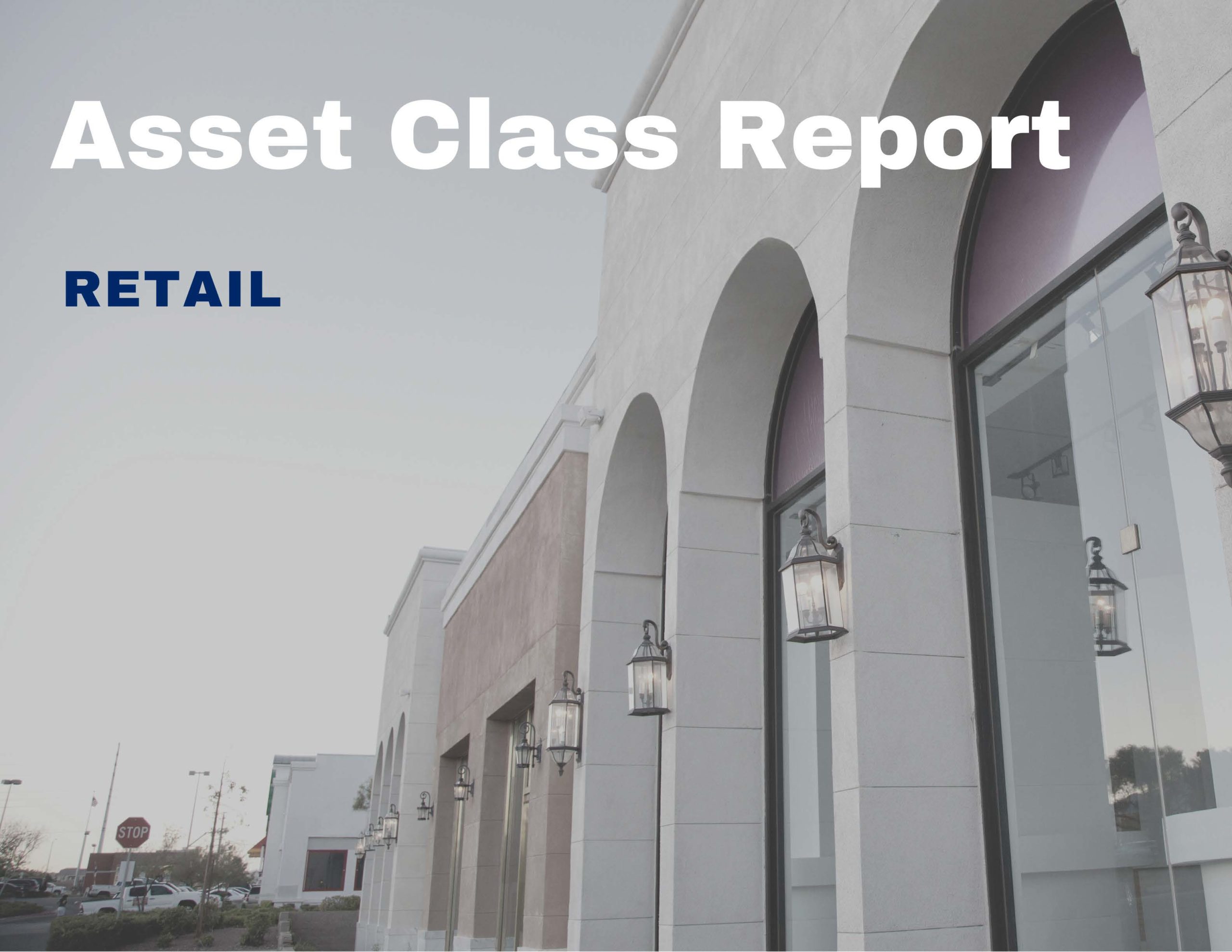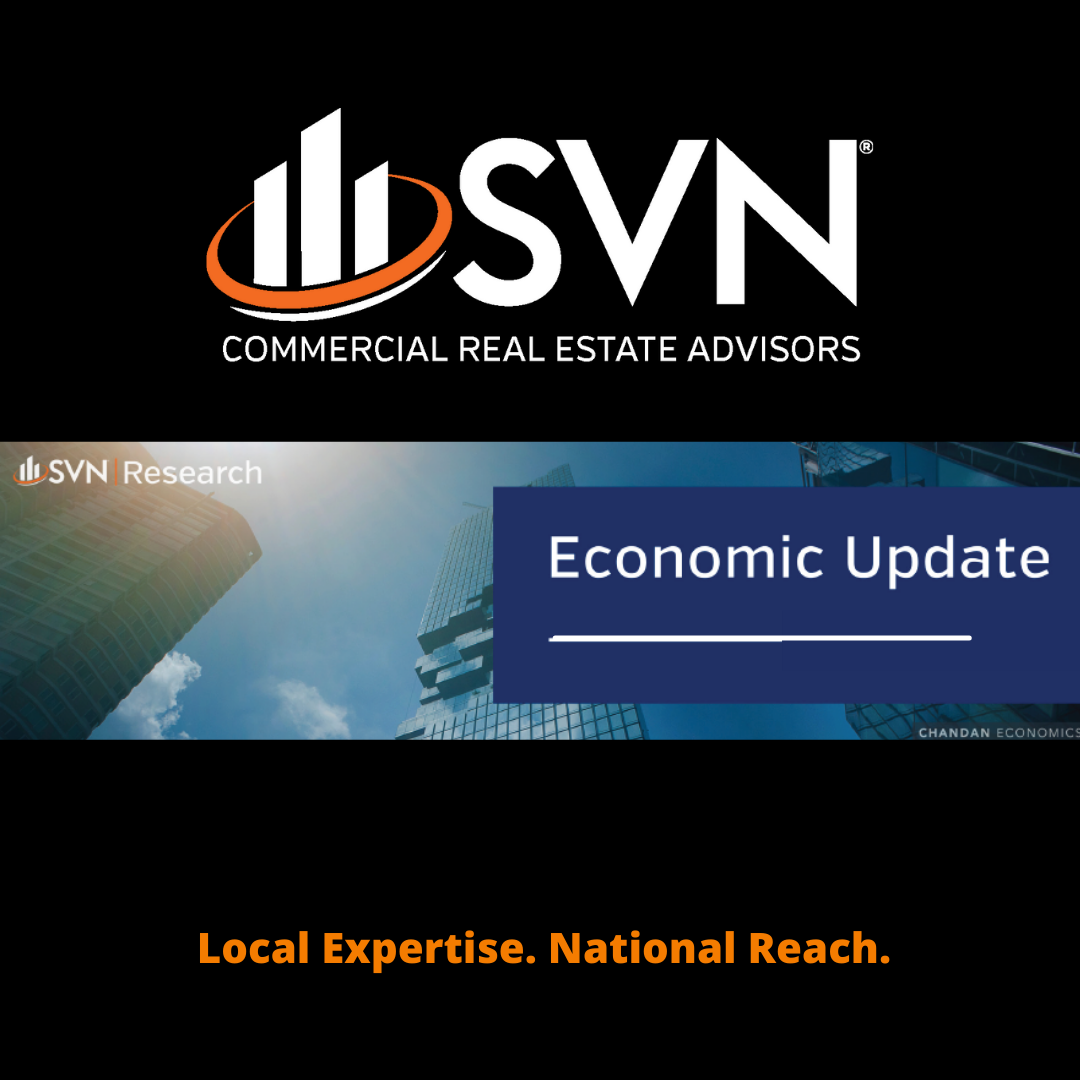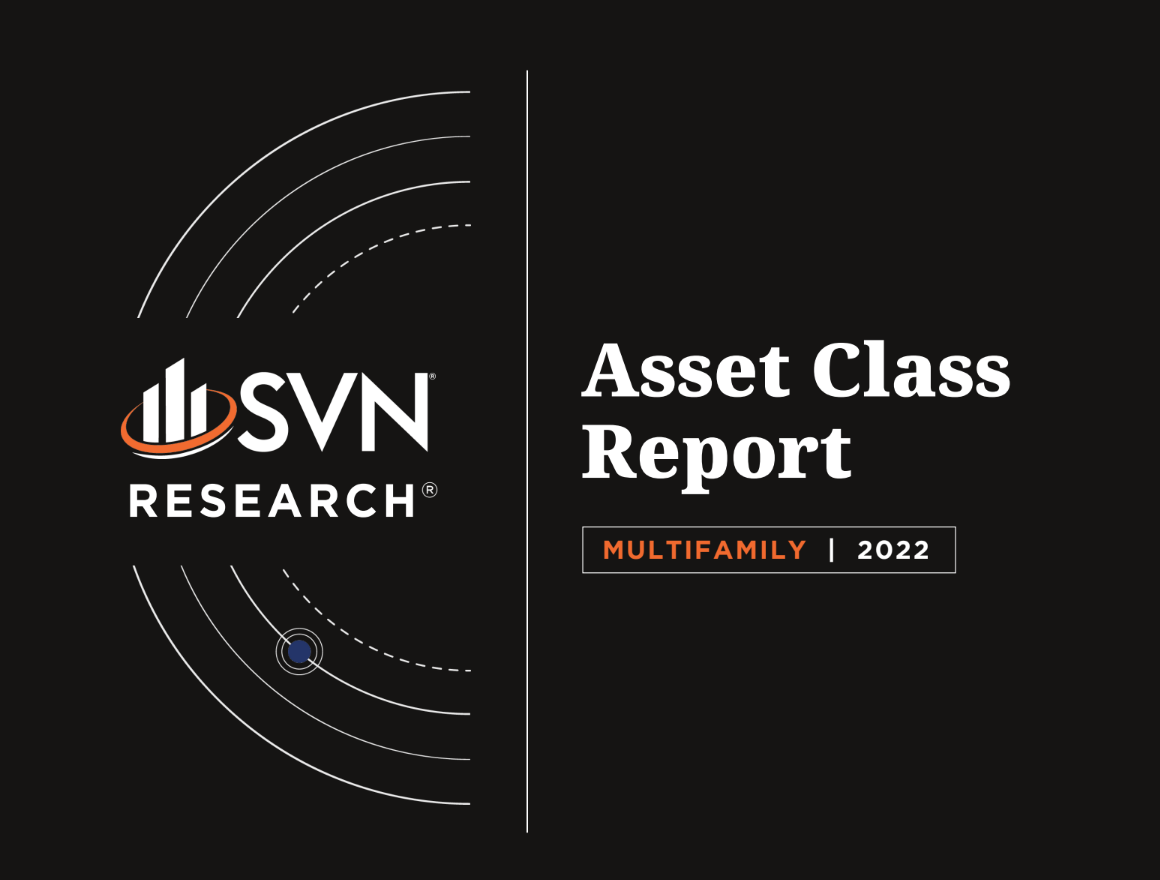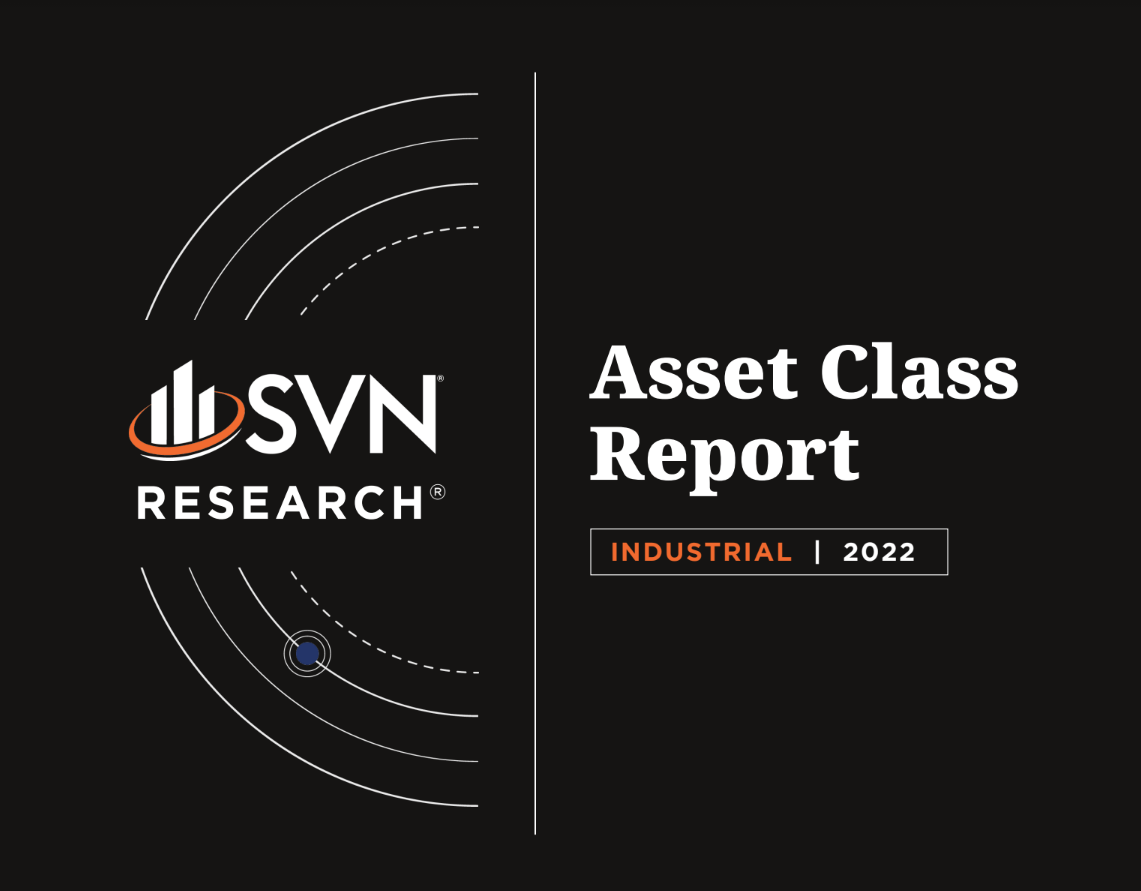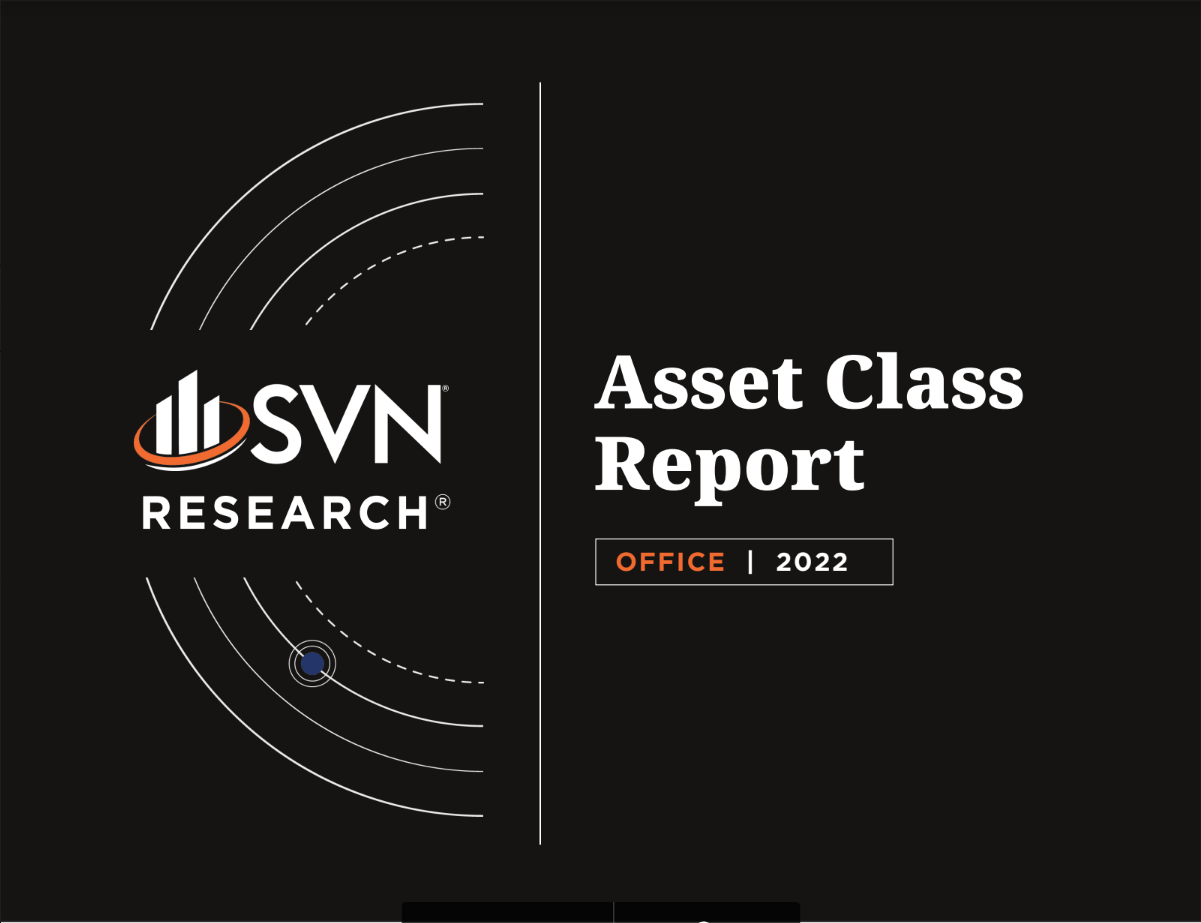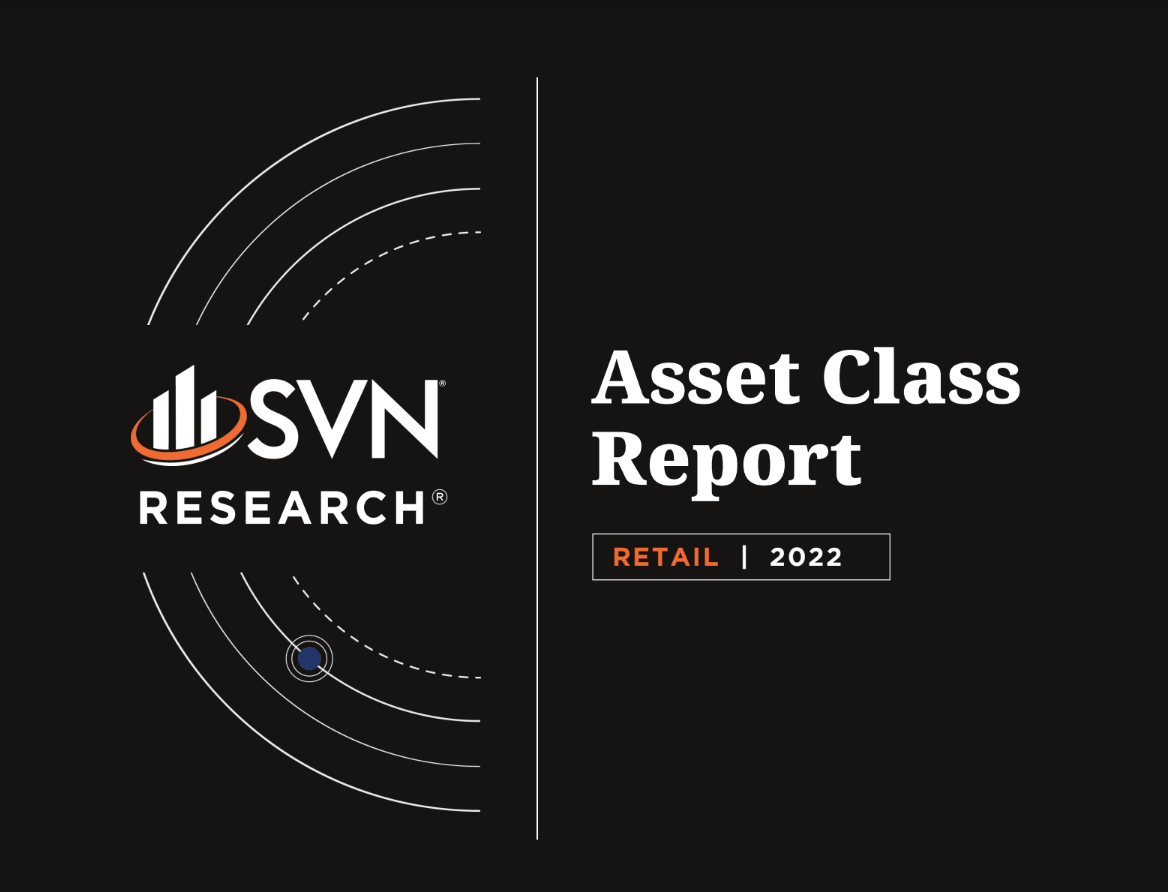How Are ESG Scores Calculated?
ESG research firms produce scores for a wide range of companies, providing a clear and handy metric for comparing different investments.
“ESG scores represent ratings that research firms assign to individual companies,” says Linda Zhang, Senior Advisor at SoFi and CEO of Purview Investments. “The rating firms tend to rely on multiple criteria to evaluate each of the individual E, S and G components.”
Bloomberg, S&P Dow Jones Indices, JUST Capital, MSCI and Refinitiv are a few of the most well-regarded ESG research companies. Scores generally follow a 100-point scale: The higher the score, the better a company performs in fulfilling different ESG criteria. Scores may vary among firms, which may employ different metrics and weighting schemes.
While the specific factors assessed vary by company, ESG rating firms commonly review things like annual reports, corporate sustainability measures, resource/employee/financial management, board structure and compensation and even controversial weapons screenings.
Why Should You Choose ESG Investing?
Ensuring that your investment choices are aligned with your priorities is one reason to pursue ESG investing
“Many clients are very concerned about environmental and social problems, such as climate change leading to more and severe climate crises, gender and racial inequality, data security and privacy,” says Zhang of SoFi and Purview Investments. “They want to make sure that they don’t invest in firms that exacerbate or contribute to these problems and would rather invest in those that are champions in leading ESG movements.”
But aside from helping to fight climate change and social injustice, an ESG investing strategy can offer higher returns as well.
Take JUST Capital’s JUST U.S. Large Cap Diversified Index (JULCD), an index that tracks the performance of large, public companies with high ESG scores. It includes 50% of the large-cap public companies in the Russell 1000 index but excludes companies that lack a demonstrated commitment to things like the well-being of their employees, beneficial products, positive environment performance and strong communities.
JUST Capital’s JULCD index outperformed the Russell 1000 for three years in a row by at least a slim margin:
If you invested in an exchange-traded fund (ETF) that contained stocks of the same companies in the JULCD index, like the Goldman Sachs JUST U.S. Large Cap Equity ETF (JUST), you’d be putting your money to work in companies with strong ESG scores as well as earning a decent return on your investment.
“There’s a misconception out there that you need to be willing to give up returns in order to invest responsibly but a growing body of research shows that ESG actually helps mitigate risk,” says Smith of The Haverford Trust Company.
It should be noted, though, that while many ESG indexes and index funds have recently outperformed broad indexes, like the Russell 1000 or S&P 500, they’ve done this in part because of the greater percentage of tech companies they contain. It’s important to have a mix of sectors represented in your investments to decrease the risk that poor performance in one tanks your investment dollars, so you may wish to speak with a financial advisor about how you can balance out any risks these funds introduce by overly concentrating in particular sectors.
How Can You Find ESG Investments?
If you’re ready to put your money to work in an ESG strategy, there are multiple ways to identify investments that fit the bill, including do-it-yourself research, robo-advisors and financial advisors.
Do Your Own ESG Research
For investors looking for individual stocks, various outlets publish “best of” lists of the top ESG-rated stocks each year. You can start with these lists to identify potential investments that might align with your goals and then build a diversified portfolio with an asset allocation strategy that fits your investment horizon.
You don’t have to hunt for just individual ESG stocks, though. You can also opt for funds, just as you can with non-ESG investing. This saves you the hassle of picking individual companies by letting a fund manager or index make the choices for you. Research for ESG ETFs and mutual funds may also be a bit easier online.
You can find highly rated ESG funds and ETFs from a variety of brokerages and fund families using screening tools like Morningstar’s and “ESG” as a keyword.
“For more granular info, As You Sow is a great resource that breaks out exposure to companies involved in things like fossil fuels and deforestation in both ESG and non-ESG funds,” says Walters of USA Financial.
Walters says investors should take note of expense ratios for ESG funds. “ESG characteristics are important, but so are more traditional metrics like cost,” he says. “Expense ratios for ESG funds have decreased over the years, but they are still higher than other funds on average.”
This means you may be paying a slight premium to invest in funds that are targeting ESG criteria. You may be OK with paying a small surcharge to invest your values, but it’s important to keep in mind nevertheless. Higher expense ratios that aren’t associated with at least slightly higher performance may reduce your long-term returns.
ESG-Savvy Robo-advisors
For investors who want to blend a DIY approach with some guidance, robo-advisors that offer ESG-conscious portfolios could be a smart place to start.
While guidelines as to what qualifies an investment as ESG may vary between robo-advisors, those known to operate with an eye toward ESG include Betterment, Ellevest, Wealthsimple, Sustainfolio, Earthfolio and OpenInvest.
Fees with a robo-advisor may be higher than a do-it-yourself approach and you may end up in many ETFs you could have invested on your own, but you’ll benefit from expert-level investment research and automated investment management.
ESG Financial Advisors
There are plenty of good reasons to work with a financial advisor, and help with ESG investing strategies is one of them. Another is that financial advisors aim to get a high-level view of your entire financial life, including details that robo-advisors can miss, like personal values that could be used to tailor an ESG strategy to your worldview.
If you already have an advisor, they should be able to guide you toward investment choices with high ESG ratings that are aligned with your investment goals. If you’re searching for a financial advisor, ask candidates what kind ESG options they’ve recommended to their clients in the past.
While the costs are higher than self-directed research or robo-advisors, you’re gaining a full-service relationship and a trusted ally to make investments with a positive impact on the world.
Other Strategies for Socially Conscious Investing
While ESG offers one strategy for aligning your investments with your values, it’s not the only approach.
Socially Responsible Investing (SRI)
Socially responsible investing (SRI) is a strategy that also helps investors align their choices with their personal values. SRI presents a framework for investing in companies that agree with your social and environmental values.
Whereas ESG investing takes into account how a company’s practices and policies impact profitability and future returns, SRI is more tightly focused on whether an investment is more precisely in line with an individual investor’s values. ESG factors in corporate performance while SRI solely focuses on the investor’s values.
For example, if health and well-being are key values for you, one possible SRI strategy would be to completely avoid investments in companies that make alcoholic beverages or tobacco products. An ESG strategy might be fine with investing in tobacco or alcohol manufacturers so long as the companies social and management policies met high standards, and their environmental record was strong.
Impact Investing
Impact investing is less focused on returns and more focused on intent. With impact investing, investors make investments in market segments dedicated to solving pressing problems around the globe. These sectors could include those making advancements in green and renewable energy, housing equity, healthcare access and affordability and more.
The Global Impact Investing Network (GINN) has four published guidelines for impact investments:
- Intentionality. Investments are made with the intention to affect positive social or environmental change.
- Investment with return expectations. Of course, investments should generate a return of capital at a minimum.
- Range of return expectations and asset classes. Different investment areas should have aligned expectations about returns. Sometimes these returns are below market rate.
- Impact measurement. Investments should have an exceptional level of transparency so investors can assess how their dollars help to achieve meaningful change.
Compared to ESG, impact investing may generate lower returns depending on the sector invested in due to concessions investors make to support earlier-stage ventures in less developed markets. However, for investors with a sincere interest in effecting social equity, impact investing offers a more direct approach to affecting change with highly focused investments.
Conscious Capitalism
Created by Raj Sisodia, a marketing professor, and John Mackey, the co-founder of Whole Foods, conscious capitalism is the belief that companies should act with the utmost ethics while they pursue profits.
The four guiding principles of the movement, as defined by Conscious Capitalism, are:
- Higher purpose. Profit for these companies is a reward for a well-built conscious company, not the end-all, be-all. They strive toward a higher purpose and larger impact on the world beyond money and market share.
- Stakeholder orientation. A company and its leaders should develop an ecosystem that balances the needs of all stakeholders equally, not overweighting shareholder returns at the expense of other stakeholders.
- Conscious leadership. Leaders should work towards developing an inclusive culture and weigh equally the interests of all stakeholders in the business—from employees to shareholders to customers.
- Conscious culture. Companies should intentionally create a culture within their businesses that promote their values and purpose.
Conscious capitalism is strikingly similar to ESG—with one notable difference. The principles of conscious capitalism are typically embodied by the leader of a company, which often leads to them running a company with a high ESG score. Thus, when investors practice an ESG-guided investment strategy, they’re likely choosing companies that embody conscious capitalism principles.




